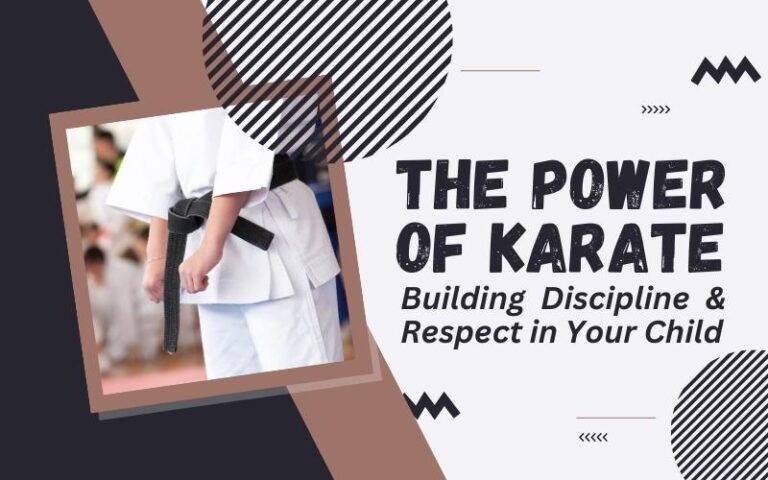Karate is a martial art that has been practiced for centuries and is renowned for its ability to teach self-defense, physical fitness, and discipline. It originated in Japan, where it was used by the samurai as a means of unarmed combat. Today, karate has evolved into a popular sport that can be an excellent activity for children to learn discipline and respect. In this article, we will dive deeper into how karate can teach your child discipline and respect and how these valuable life skills can benefit them in their everyday life.
1. Learning from a Sensei
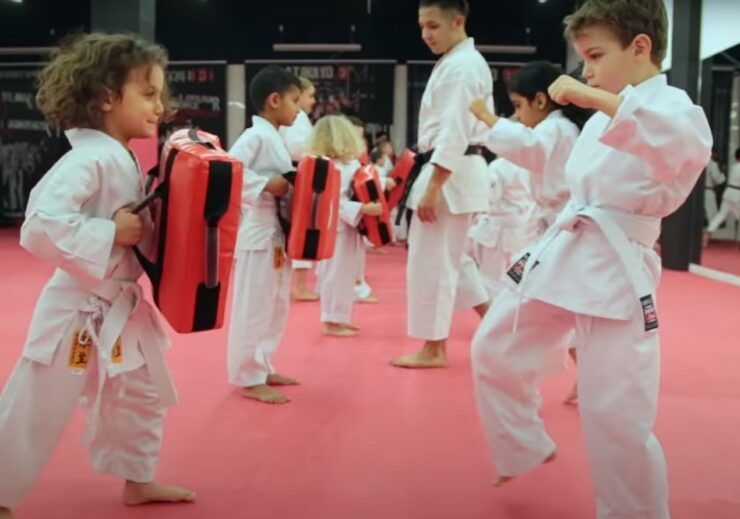
In karate, children learn from a Sensei, a teacher who has years of experience and training in the art. The Sensei is someone who the children look up to and respect. This relationship teaches children the importance of respecting authority figures and following their guidance. The Sensei is not just a teacher but also a mentor who can help children develop their physical and mental abilities, build their self-confidence and teach them important life lessons. You can find Karate For Kids on chicagonk.com and involve your kid in one great life adventure with professionals.
Children can learn a lot from their Sensei, including self-control, self-discipline, and self-respect. The Sensei can provide children with a positive role model, someone who they can aspire to be like. Sensei’s guidance can help children develop a strong work ethic, a positive attitude, and the confidence to face challenges in life. This type of positive mentorship can have a profound impact on a child’s development and can help them grow into well-rounded adults.
2. Importance of Bowing
Bowing is an integral part of karate, and it serves as a way of showing respect and humility. When children enter and leave the dojo, they bow to show respect to their Sensei and fellow students. This teaches children the importance of showing respect to others and acknowledging their presence. The act of bowing helps children develop their social skills and learn the importance of manners and etiquette.
Bowing is also a way for children to show gratitude and appreciation. When children bow to their Sensei, they acknowledge the Sensei’s hard work and dedication to their training. This can help children develop a sense of gratitude and empathy, which can be valuable in building strong relationships with others. Additionally, bowing can help children develop a sense of self-awareness and mindfulness, which can help them stay focused and present at the moment.
3. Focus and Attention
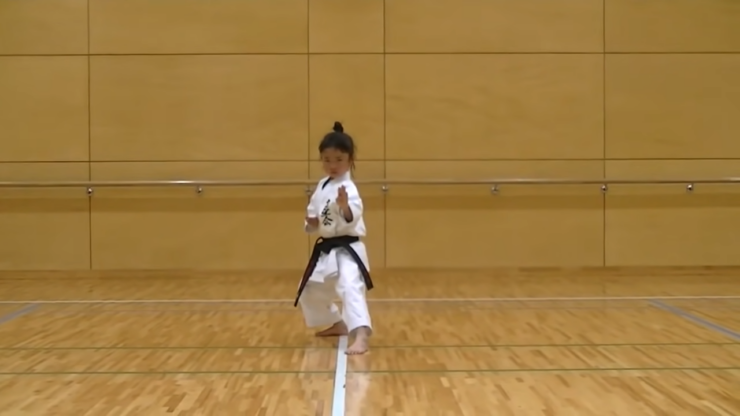
Karate requires a great deal of focus and attention. Children must listen to their Sensei’s instructions and follow them precisely. This attention to detail helps children improve their concentration and focus, which can be useful in school and other activities. Karate requires children to focus on their breathing, movements, and the reactions of their partner. Through this process, children can improve their mindfulness and attention to detail, leading to better performance in all areas of their life.
In karate, children learn to be present at the moment and focus on the task at hand. This skill can help children overcome distractions and improve their ability to concentrate on their studies, hobbies, and other activities. Additionally, the focus and attention required in karate can help children develop a sense of self-awareness and self-control, which can be beneficial in managing their emotions and behaviors.
4. Consistency and Commitment
Karate requires consistency and commitment. Children must attend classes regularly and practice at home to improve their skills. This teaches children the importance of committing to something and sticking with it, even when it’s challenging. Through karate, children learn the value of perseverance and hard work, which are essential qualities that can help them succeed in their future endeavors.
Consistency and commitment are important skills that can help children in all areas of their life. When children learn the value of consistent effort, they are more likely to develop a strong work ethic and take pride in their achievements. This type of mindset can help children overcome challenges and setbacks and achieve their goals.
5. Goal Setting
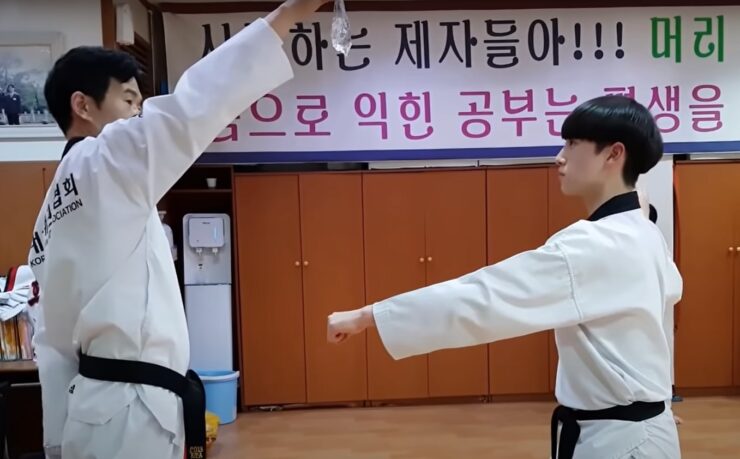
In karate, children set goals and work towards achieving them. They may strive to earn a new belt or master a new technique. This teaches children the importance of setting achievable goals and working towards them with dedication and commitment. Through this process, children can learn the value of hard work and the satisfaction that comes with achieving their goals.
Goal setting is an essential life skill that can help children achieve success in all areas of their life. When children learn how to set goals, they can create a roadmap for their future and develop a sense of direction and purpose. Additionally, goal setting can help children become more self-motivated and self-reliant as they learn to take responsibility for their own success.
6. Self-Discipline
Karate requires a great deal of self-discipline. Children must practice regularly and follow the rules and guidelines of the dojo. This teaches children the importance of self-control and the ability to regulate their own behavior. Self-discipline is a vital life skill that can help children achieve success in all areas of their life, from academics to sports to relationships.
When children learn how to control their behavior and impulses, they can develop a strong sense of self-discipline. This can help them make better decisions, avoid negative behaviors, and achieve their goals. Additionally, self-discipline can help children develop a strong work ethic and take pride in their accomplishments.
7. Responsibility
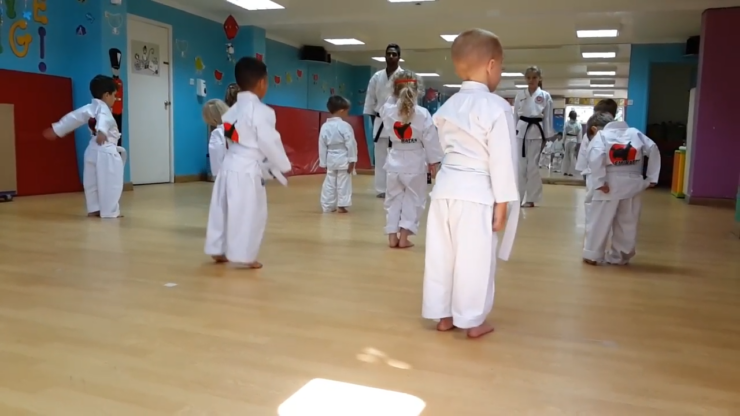
Karate also teaches children the importance of taking responsibility for their actions. Children learn that their behavior has consequences and that they must be accountable for their actions. This teaches children the importance of integrity and honesty and can help them develop strong moral and ethical values.
Also, responsibility can help children become reliable and trustworthy individuals. When children learn how to take responsibility for their actions, they become more self-aware and learn to make better decisions. Additionally, responsibility can help children develop a sense of empathy and compassion as they learn to consider the impact of their actions on others.
8. Teamwork
Karate is not just an individual sport; it also teaches children the value of teamwork. Children learn to work with their partners to practice techniques and improve their skills. This teaches children the importance of cooperation and collaboration and can help them develop strong interpersonal skills.
Teamwork is essential because it can help children succeed in their future endeavors. When children learn how to work effectively with others, they become better communicators and problem solvers. Additionally, teamwork can help children develop a sense of empathy and understanding as they learn to appreciate the perspectives of others.
9. Respect for Others
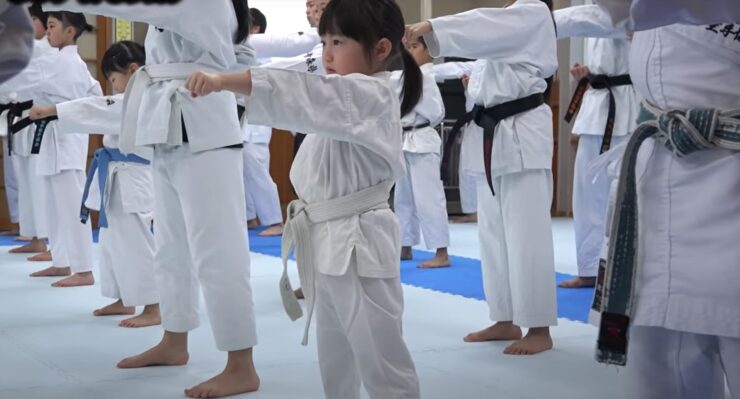
Respect is a central tenet of karate. Children learn to respect their Sensei, fellow students, and even their opponents. This teaches children the importance of treating others with respect and dignity, regardless of their differences. Through karate, children can develop empathy and learn to appreciate the perspectives of others. This can help children build stronger relationships with others and foster a more inclusive and respectful community.
Respect is highly important since it can help children navigate a diverse and multicultural world. When children learn how to show respect for others, they become more accepting and tolerant individuals. Additionally, respect can help children develop a sense of self-respect and self-esteem as they learn to value themselves and others.
10. Conflict Resolution
Karate can also teach children conflict resolution skills. Children learn how to defend themselves, but they also learn how to de-escalate situations and resolve conflicts peacefully. This can be an essential skill for children to have, as conflicts can arise in any situation, whether it be at school, at home, or in the workplace. Through karate, children can learn how to communicate effectively, listen to others, and find common ground in order to resolve conflicts in a peaceful and respectful manner.
Conflict resolution can help children develop healthy and positive relationships with others. When children learn how to resolve conflicts peacefully, they can avoid negative behaviors such as aggression, bullying, or violence. Additionally, conflict resolution can help children develop empathy and understanding as they learn to see things from the perspective of others.

